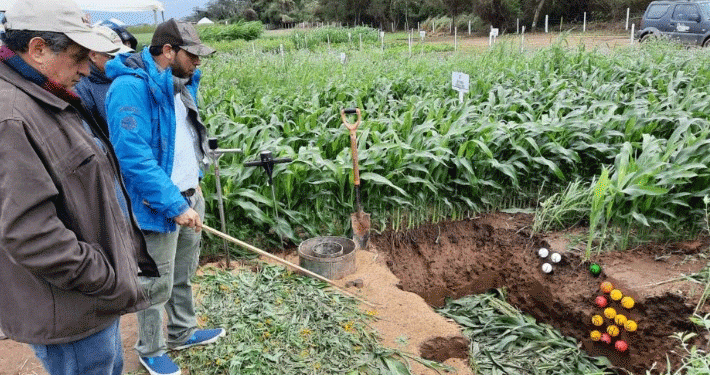In Bolivia, 80% of grain cultivation areas now embrace sustainable farming practices such as crop rotation, no-till farming, and efficient water management. This shift, emphasized by Fernando Romero of Anapo during the National Sustainable Agriculture Day, reflects a commitment to environmental stewardship and resource conservation.
Adoption of Sustainable Techniques
According to Romero, a significant portion of Bolivia’s annual soybean cultivation area employs no-till farming and crop rotation with crops like sorghum, maize, wheat, sunflower, and chia. These practices not only preserve soil integrity but also enhance its fertility over time, crucial for sustaining agricultural productivity amidst varying climatic conditions.
Environmental Benefits and Productivity
No-till farming plays a pivotal role in soil conservation by minimizing erosion and preserving soil moisture, while crop rotation helps prevent disease and pest buildup while optimizing nutrient utilization. These methods contrast starkly with traditional practices like burning, which depletes soil nutrients and jeopardizes long-term agricultural sustainability.
Embracing a Philosophy of Production
For Bolivian soybean producers, sustainable farming practices are more than methods; they embody a philosophy aimed at preserving their most valuable asset—the soil. Romero highlighted that in 2023, sorghum alone accounted for 67% (546,000 hectares) of the winter rotation crop area, alongside maize, sunflower, wheat, and chia.
Bolivia’s agriculture sector’s embrace of sustainable farming practices underscores its dedication to balancing productivity with environmental responsibility. By integrating these practices into everyday operations, farmers not only secure their livelihoods but also contribute to long-term environmental sustainability and resilience in agriculture.
Error




